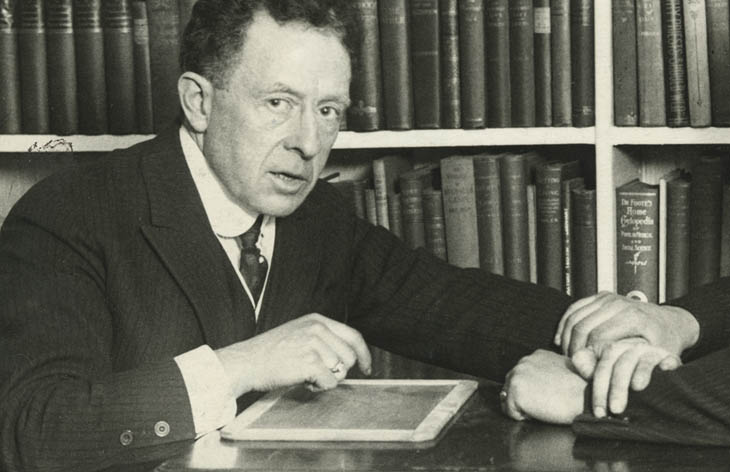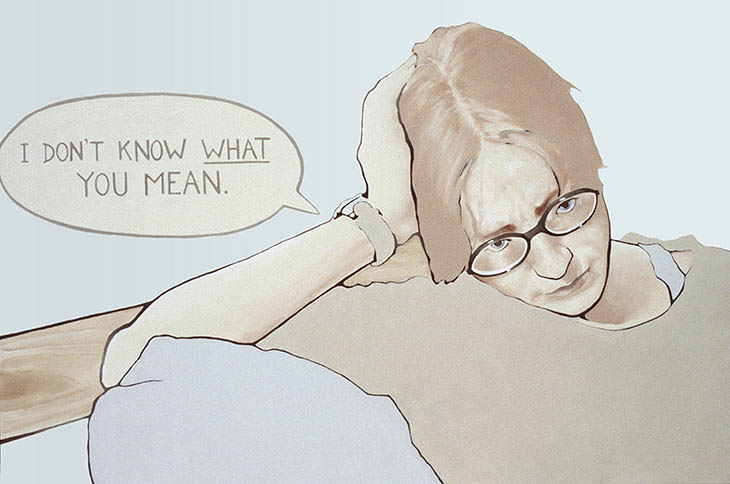This article was originally published at the defunct Skepticblog.org on Sept 10, 2010. An archived version is available here.
My recent post “The War Over ‘Nice’” (describing the blogosphere’s reaction to Phil Plait’s “Don’t Be a Dick” speech) has topped out at more than 200 comments. That’s a lot by Skepticblog’s standards. In addition, many further responses have reached me through Twitter, blog posts, email, and direct conversation.
I’m not quite sure how to feel about all that. Certainly I expected some controversy. (After all, I was writing about a controversy.) But quite a few of the critical responses take up a theme that seems… well, kind of strange to me. Many readers appear to object (some strenuously) to the very ideas of discussing best practices, seeking evidence of efficacy for skeptical outreach, matching strategies to goals, or encouraging some methods over others. Some seem to express anger that a discussion of best practices would be attempted at all. Read more


